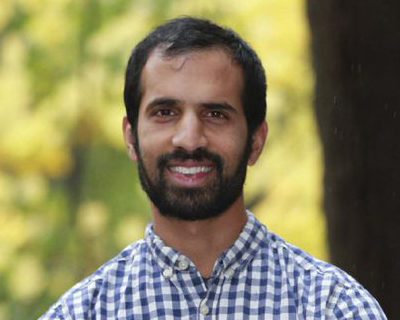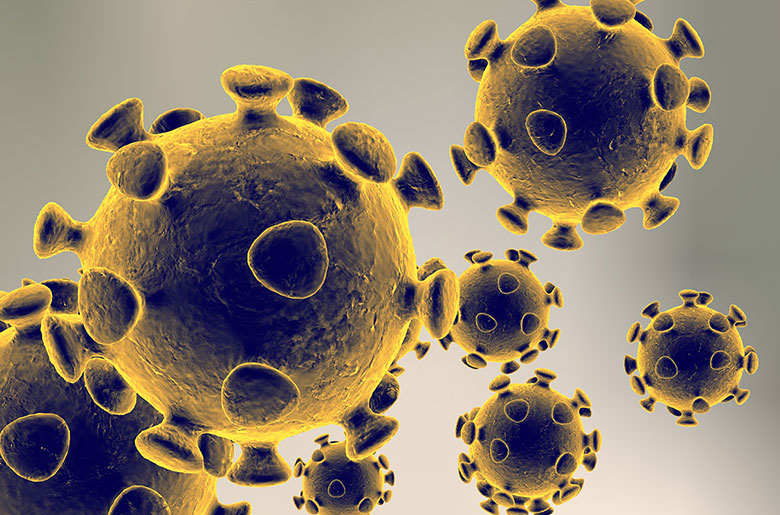
Earlier this month, experts from around the world convened at the World Health Organization’s headquarters in Geneva, Switzerland, to strategize how to combat the novel coronavirus (COVID-19) outbreak.
COVID-19, which was first reported in Wuhan, China, has spread to 46 other countries around the world, with more than 82,294 confirmed cases globally, 2,747 deaths in China and 57 deaths outside of China. This week — for the first time — the number of new infections reported outside China outpaced those inside the country.
Dr. Srinivas Murthy, a clinical associate professor in the UBC department of pediatrics and an infectious disease specialist and investigator at BC Children’s Hospital, was among the international experts at the WHO forum. He discusses the outcome of the meeting and his role in helping combat the outbreak.

Dr. Srinivas Murthy
How are you helping advance research on COVID-19?
I serve as the co-chair of the WHO’s clinical research theme, responsible for refining and implementing a number of priorities related to clinical management of the outbreak.
Our priorities are three-fold. First, we are looking to describe the disease better. This may sound fairly rudimentary, but we really don’t know what this disease is, what causes it, who gets sick and why an individual may become sicker.
Secondly, we’ll be seeking to better understand how to improve outcomes when a person becomes infected.
Thirdly, we’ll be looking to determine what measurements we should be using to determine when someone is better – in other words, what are the outcomes that are important for patients who are infected?
How is this response different from past disease outbreaks?
Historically, when an outbreak occurs, the research has primarily focused on the medical and biomedical response, and less so on the social sciences – including the fear, racism and misinformation that can spread.
With COVID-19, we’re seeing a tremendous interest in not just accelerating the basic science work, but advancing the social sciences and policy research too. This is a positive step forward and will help to strengthen the global response.
What global research priorities were set at the WHO forum, and how will this affect Canada’s response to COVID-19?
A number of research areas or themes — ranging from vaccine biology and development to infection prevention and control through to the social sciences — were prioritized at the forum. These top priorities are now driving the funding agenda so that the global response to the COVID-19 outbreak can be well-coordinated and driven by scientific needs.
When it comes to the operational response, B.C. and Canada have very clear guidelines and policies in place. When it comes to the research response, Canadian experts will continue to be among some of the leaders on the world stage, working to tailor their studies and ultimately inform the response to the outbreak in the coming weeks, months, and years ahead.
